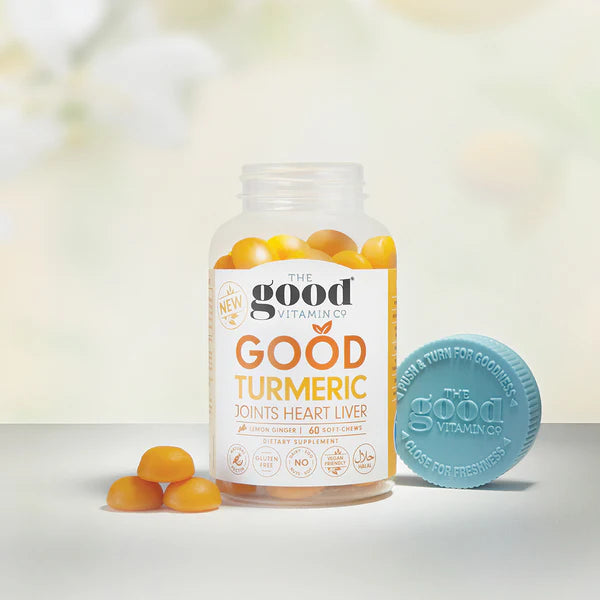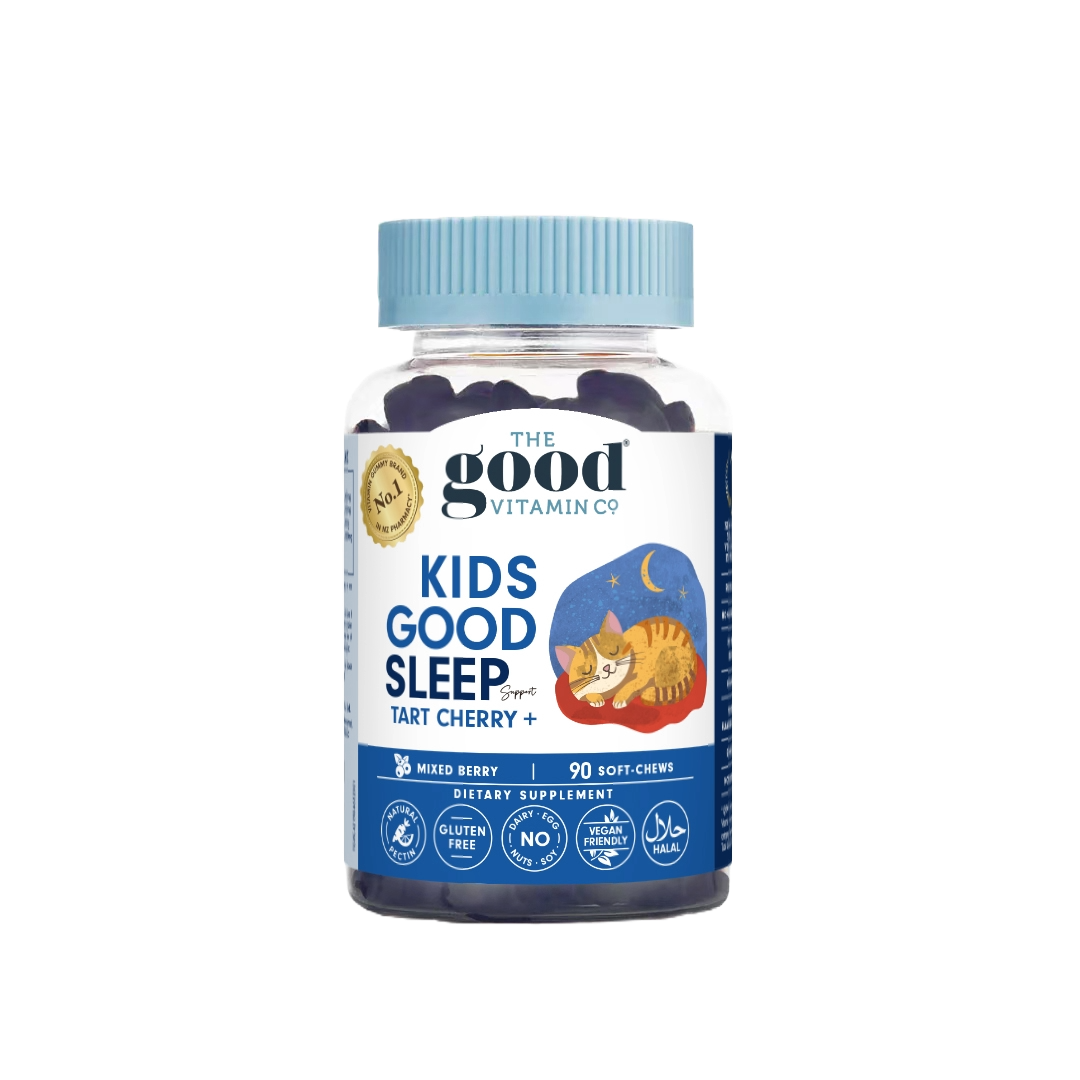We’ve said it before, and we’ll say it again; probiotics are the gut goodness we absolutely need. Your body is flooded with bacteria, good and bad. A troubled stomach can cause discomfort in our everyday lives and that’s why supporting a healthy gut is essential for good health and general wellbeing.
We know how vital probiotic products are and their benefits from our previous blogs, but if you missed them, give them a read! 5 Benefits of Probiotic Supplements for Gut Health, Into Winter We Go Again, and Belly Bliss.
The word probiotic gets thrown around quite often, and it’s usually met with positive connotations, which is excellent, but it’s less often that the truth about probiotics is shown. It’s time we knuckle down and separate the fact from the myths and address some common misconceptions about probiotics!
5 Probiotic Myths You Need to Know
Unfortunately no, not all fermented foods contain probiotics.
All foods that go through a fermentation process already have bacteria naturally present in the food or have live bacteria added, like kombucha. Food with live bacteria is suitable for a healthy at this point gut.
But often, fermented food will go through another process which essentially strips the food of live bacteria. Other techniques such as pasteurisation, baking, or filtering prevent the food from qualifying as a probiotic as it no longer contains live bacteria.
This is a tricky question because everybody has different diets. There is no daily recommended intake for probiotics, so the general guideline is to add as many probiotic-rich foods as possible into your diet.
This is not a case where it is probiotics vs yoghurt or even, probiotics vs food.
Supplements are a great alternative to get your kick of probiotics in case you aren’t getting it through food.
This is a widespread misconception, and it’s safe to say this is false. You can indeed use probiotic supplements or food while taking antibiotics; it’s even encouraged.
Antibiotics are used to stop harmful bacteria by killing bacteria. Antibiotics cause side effects like diarrhoea and vomiting. However, probiotics support the body by balancing bacteria levels to lessen the side effects.
PubMed Central research insists that consuming probiotics while on antibiotics lessens the risk of diarrhoea.
We would like them to be all the same for convenience’s sake, but not all probiotic strains are the same. Different strains have different properties. Think of it like furniture, one category, but each strain within that category has its purpose, chairs for sitting or lounging, and tables to work at or eat off.
Here are common probiotics and their effects.
The first two, bifidobacteria and lactobacillus, are probiotic genera.
Bifidobacteria
Bifidobacterial is primarily found in food and supplements. They support the immune system by limiting the growth of harmful bacteria in your body.
Lactobacillus
Lactobacillus bacteria produce an enzyme called lactase, which breaks down lactose or milk sugar. It also has lactic acid to minimise harmful bacteria.
Here are the common strains of these probiotics genera. It is common to find food and supplement labels combined with the genus and strain.
You’ll see bifidobacteria or lactobacillus abbreviated as B or L and the species name second.
For example, B. annimalis, B. breve, B. lactis, B. longum, L. acidophilus and L. reuteri.
If the benefits of probiotics don’t pique your interest, we don’t know what will. Actively ingesting probiotics will come with benefits galore.
If a tremendous balanced tummy is what you’re after, choose probiotics to introduce good bacteria into your gut.
Now you know
Before opting for probiotic foods or supplements, it’s important to check the strain. You want a strain that suits your desired benefit. As we said earlier, different probiotic strains have different benefits, so stay vigilant when choosing foods and supplements!
Good Vitamin Co’s very own Probiotic Supplements
Supporting your digestive health is essential for overall health. At, Good Vitamin Co, we know that to be very true. There is absolutely nothing worse than an upset tummy.
Want to know what makes our Probiotic Supplements great for your gut? Aside from the obvious that it has probiotics.
Our Good Probiotics contain Lactospore. Lactospore is a scientifically validated probiotic that balances your gut’s resident microbiota population, making your tum churn - in the best way! Coupled with Lactobacillus DDS®-1, this probiotic supports the rebalance of your gut’s natural healthy state.
Get a load of this! It’s like a two-for-one. How’s that for a win-win situation? You’re getting the best of both worlds.
At Good Vitamin Co, we offer adult probiotics for you and kids probiotics for your kids so you can keep your family safe from tummy rumbles.
For you, the Good Probiotic Supplement is what you need to take your gut health into your own hands. Just pop in two delicious gummies to restore balance to your gut.
For your wee ones, the Kids Good Probiotic Supplements is a naturally healthy way to keep your kid’s digestive health happy and balanced.
Set your body onto a healthy path today and every day.
Shop our range of probiotic supplements for you and your children here.





